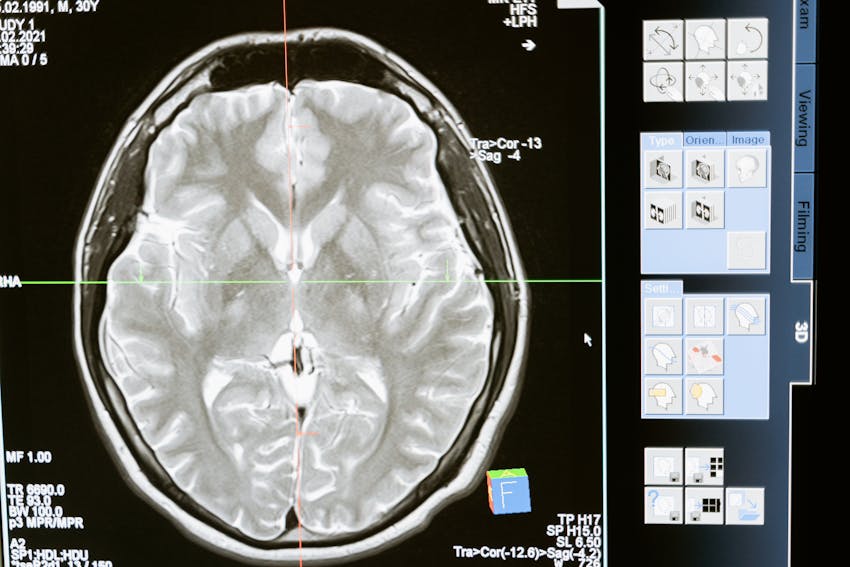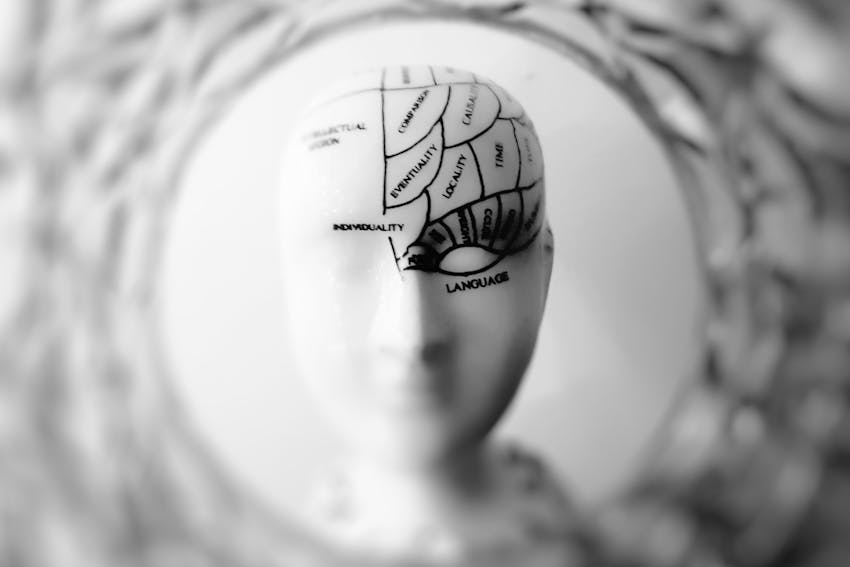Several reputable clinical studies have found a clear link between hearing aids and slowing cognitive decline. Results indicate that, in people in at-risk categories, the use of high-quality hearing aids can cut the pace of cognitive decline by as much as 50% over a three-year period.
Scientists and researchers have found that proper hearing aid use can reduce the risk of cognitive impairments such as dementia in older adults. Hearing aids can also act as a preventative or beneficial way to slow or reduce the speed of cognitive declines.
In this article, we’ll look at how hearing aids help protect both hearing and cognitive decline in older age groups and why so many industry specialists believe that using hearing aids and ensuring these are matched precisely to the needs and hearing loss of the individual can be a powerful way to protect long-term cognition.
Key Takeaways:
- Multiple clinical trials and medical studies have found quantifiable evidence that hearing aids can make a dramatic impact in reducing the risk or slowing the development of cognitive conditions like dementia, especially in older adults.
- Hearing aids can slow down the speed at which cognitive illnesses develop, with remarkable impacts that indicate a reduction in the pace of dementia progression by as much as 50%.
- Treating and managing hearing loss is known to be a safe, effective and meaningful way to help reduce cognitive decline in vulnerable adults or people in at-risk demographics.
Is There Any Evidence That Hearing Aids Can Slow the Development of Cognitive Conditions?
Professional researchers, clinical trials and studies have concluded that while many audiologists have long suspected that the proper treatment of hearing loss can slow or reduce the likelihood of a person developing dementia and other cognitive illnesses, there is now tangible evidence that this is accurate.
A study published by the National Institutes of Health shows that in a clinical trial involving nearly 1000 adults aged 70 to 84:
- Hearing aids resulted in a 50% drop in the speed of cognitive decline.
- Using hearing aids provides ‘substantial improvement’ in communication abilities.
- The benefit of hearing aids is more profound in people at higher risk of dementia and similar age-related and cognitive conditions.
This trial was randomised to ensure reliable results. It was the first of its kind to clinically assess how hearing aids and interventions to manage hearing loss could directly impact the cognition of older adults.
It also shows that in older adults who may be at risk of cognitive decline but who as yet remain healthy and active, using hearing aids to reduce the long-term effects of hearing loss and maintain communication abilities may also be beneficial and preventative, with a lower risk of developing a cognitive condition in the future.
Further studies are needed to quantify the connection between hearing aids and cognition over a longer period, but the impacts on quality of life are undoubtedly extremely exciting news across the audiology profession.
What do our experts say?
“Wearing hearing aids is not a sign of weakness but a powerful step toward preserving your cognitive health and staying connected to the world around you. By embracing hearing aids, we can break the stigma, prevent social isolation, and significantly reduce the risk of cognitive decline, ensuring a fuller, richer life for ourselves and our loved ones.” Lee Fletcher, Company Director, Principal Audiologist (RHAD), (BSHAA), Ba(Hons)
How Does Good Hearing Health Support Long-Term Quality of Life?
As specialists in hearing assessments, tinnitus treatments, and customisable hearing devices, we know that hearing loss and other issues impacting hearing and ear health can be severely detrimental and make it difficult to drive, watch TV, speak on the phone, chat with loved ones, and join in with social groups and friendship circles.
While our hearing and memory function are two different processes within the brain, they are also interrelated and control how we communicate and experience our everyday routines.
For example, an adult who has excellent short-term memory and slight hearing loss may still be able to ‘play back’ the sounds they have heard to determine what the other person has said – albeit needing more time to understand.
In contrast, a person with cognitive impairment cannot, and if this is combined with hearing loss, they are inevitably cut off from meaningful conversations altogether.
Equally, if hearing loss is left untreated and degenerates further, it may mean that hearing aids will be less effective, making early intervention and prevention key.
This all matters because, with ageing populations and longer life expectancies, it is increasingly common for older adults to live with dementia and other comparable cognitive conditions – with few interventions or treatments that can effectively and safely either prevent or slow the progress of these conditions.
Knowing that hearing aids may help while being accessible, affordable, and noninvasive is a great step forward. It may also help steer future treatment protocols or preventative measures to support long-term cognition.
What to Do if You Have Hearing Loss and a Family History of Dementia
Dementia affects millions of people globally, with 10 million new diagnoses every year. With no existing cure, understanding the varied factors that contribute to the development of cognitive impairments and the steps medical professionals can take to slow or even prevent that process is crucial.
Regain Hearing always recommends that anybody with any degree of hearing loss, changes to the quality of their hearing, or concerns about their hearing or ear health book a full assessment at one of our private clinics.
Most hearing issues can be resolved quickly and easily or treated with a personalised strategy to protect and improve long-term hearing.
However, if you have a family history of dementia or similar conditions like Alzheimer’s disease, it may be even more imperative to keep a close eye on your hearing and to ensure you consult with a professional audiologist for regular check-ups.
It’s also important to clarify that the quality of advanced hearing aids has evolved dramatically in recent years. An independent audiologist can recommend both comfortable, easily programmable hearing aids designed to address your hearing loss concerns and other hearing protection devices to prevent further hearing loss.
Please contact your nearest Regain Hearing clinic at any time to schedule a convenient time for a hearing assessment or get in touch with our closest branch if you’d like to learn more about accessing bespoke hearing aids for yourself or a loved one who is struggling with hearing loss, alongside changes in their cognition.









